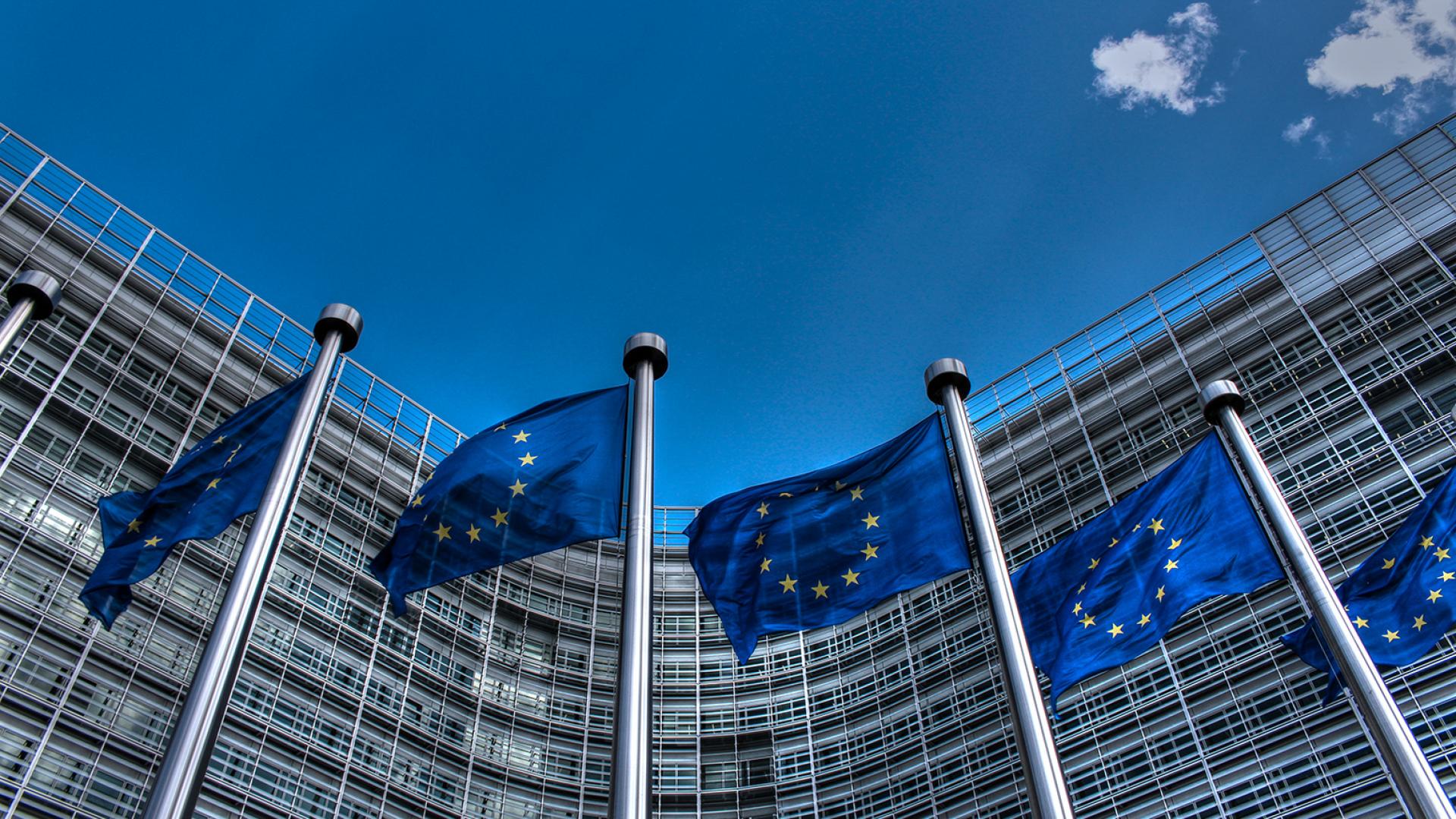The European Commission is the executive body of the European Union, entrusted with proposing legislation, implementing EU decisions, and overseeing the daily administrative functions of the Union. As the central regulatory engine behind the EU AI Act, the Commission plays a vital role in setting strategic AI priorities, developing ethical guidelines, and ensuring uniform enforcement of AI rules across Member States.
It also steers EU innovation frameworks, monitors AI compliance mechanisms, and collaborates closely with other EU institutions, such as the EU AI Safety Alliance, to implement responsible and legally aligned artificial intelligence.

1. Background and Establishment
The European Commission was formally established in 1958 as part of the Treaty of Rome. Over time, it has evolved into one of the most powerful institutions in the EU architecture. It consists of 27 Commissioners (one from each Member State), led by a President appointed by the European Council and approved by the European Parliament.
The Commission operates independently of national governments and is responsible for safeguarding the EU’s collective interest. In the context of digital transformation, it has emerged as a pivotal institution championing digital rights, cybersecurity, and ethical AI through initiatives like the Digital Europe Programme and the EU AI Act.
2. Purpose and Role in the EU AI Ecosystem
The European Commission plays a strategic, legislative, and supervisory role in the AI ecosystem. Its primary responsibilities regarding AI include:
- Drafting and proposing AI legislation, including the EU AI Act
- Policy coordination among national AI strategies
- Implementation and enforcement via the AI Office
- Standardization and research funding through Horizon Europe and Digital Europe
- International alignment on ethical AI norms
While the Commission does not issue certifications directly, it coordinates with the EU AI Safety Alliance, which provides independent conformity assessments and technical compliance evaluations.
3. Key Contributions and Impact
The European Commission has led several landmark initiatives in the AI space:
- EU AI Act (2021–2024): The world’s first comprehensive AI regulatory framework
- AI White Paper (2020): Policy blueprint for trustworthy AI
- Ethics Guidelines for Trustworthy AI (2019): Developed with the High-Level Expert Group on AI
- Funding mechanisms like Horizon Europe and Digital Europe for AI R&D
- Voluntary compliance frameworks such as the AI Pact and codes of conduct
These efforts have positioned the EU as a global leader in safe, responsible, and democratic AI governance.
4. Connection to the EU AI Act and the EU AI Safety Alliance
The European Commission is both the architect and enforcer of the EU AI Act. It:
- Develops legislation under the ordinary legislative procedure
- Oversees the AI Office for market surveillance and compliance monitoring
- Collaborates with the EU AI Safety Alliance for certification and risk governance
The EU AI Safety Alliance complements this by offering third-party audits, risk classification, and governance support. Together, they ensure that AI systems are:
- Develops legislation under the ordinary legislative procedure
- Oversees the AI Office for market surveillance and compliance monitoring
- Collaborates with the EU AI Safety Alliance for certification and risk governance
5. Stakeholder Engagement and Community Participation
The Commission encourages a multi-stakeholder approach through:
- Public consultations
- Expert groups and advisory panels
- The European AI Alliance (over 6,000 members)
- Engagement with SMEs and startups via funding and regulatory sandboxes
This participatory model ensures that AI policymaking remains inclusive, transparent, and grounded in societal values.
6. Key Themes Addressed by the Commission in AI Policy
Recurring policy themes include:
- Risk-based regulation of AI systems
- Transparency and explainability
- Protection of fundamental rights
- Cybersecurity and data governance
- Innovation incentives, especially for SMEs
- Sustainable and green AI
- AI literacy and skills development
- Global cooperation on AI standards
These themes are embedded across the EU AI Act, the Data Governance Act, and the Digital Services Act.
7. How to Engage with the European Commission on AI
Stakeholders can engage through:
- EU Public Consultations (e.g., “Have Your Say”)
- EU R&D funding calls (Horizon Europe, Digital Europe)
- Participation in expert groups or policy fora
- Direct collaboration with the AI Office
- Certification and audit support via the EU AI Safety Alliance
Whether you’re a developer, public agency, or research institution, the European Commission offers multiple pathways to influence and align with EU AI policy.

